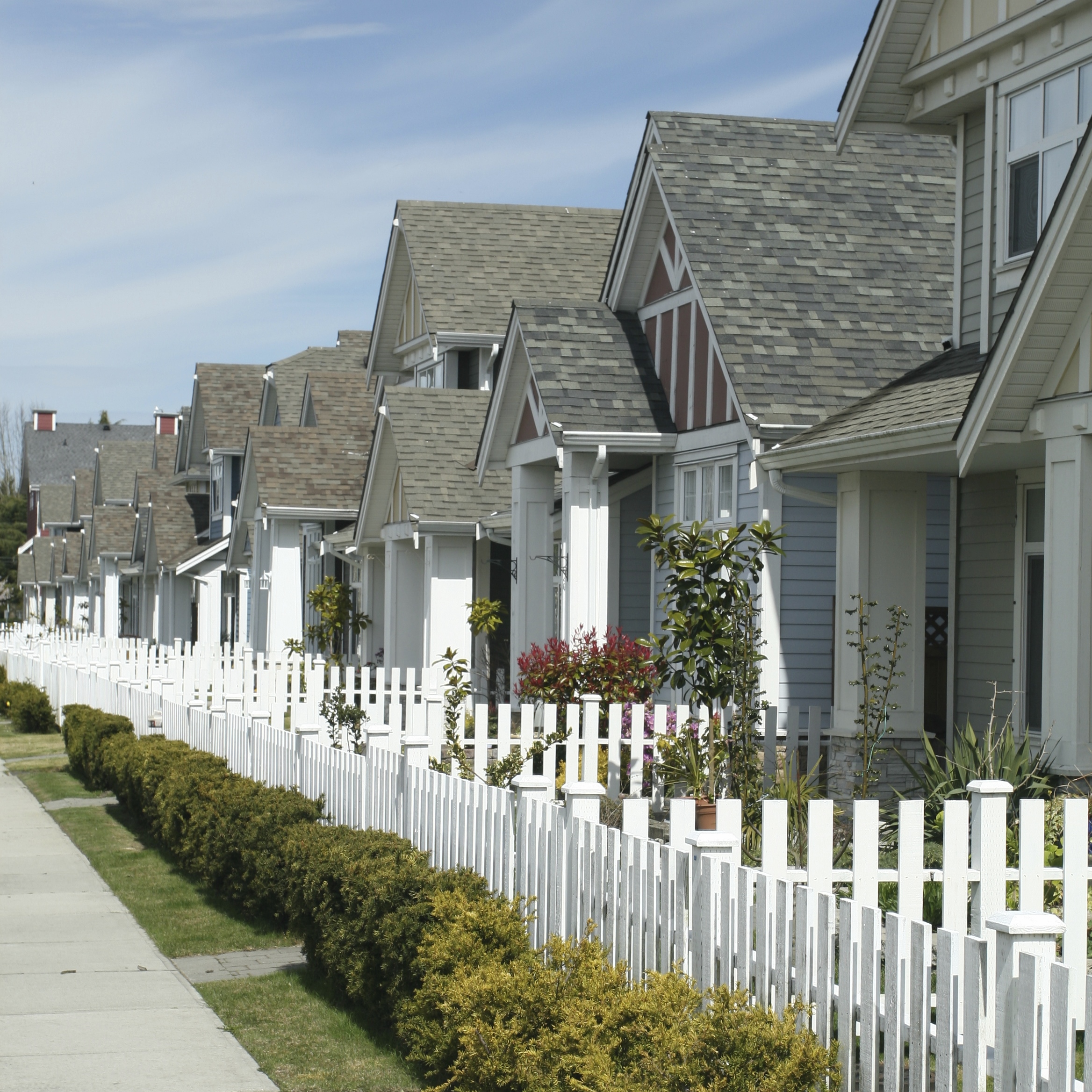Housing
Top 8 News Stories Affecting the Housing Market in 2017

Published:
Last Updated:

The end of a year routinely results in a blizzard of stories predicting what the new year will bring, along with a review of what the current year has seen. To say that 2017 was a pivotal news year for the housing market is no exaggeration.
Housing prices are on track to rise by 6% or more as continued low inventory levels, especially at the low- and entry-levels of the market, tamp down new construction of homes in these sectors. That is expected to change (a little) in 2018 as new construction ramps up.
The housing experts at Realtor.com have identified eight top housing market stories that broke in 2017, nearly all of which will have an impact on the year ahead.
Republican tax bill has huge implications for housing. Congress is expected to adopt a mortgage interest deduction cap of $750,000 when it (almost certainly) passes the tax bill next week. That drops the cap from the current level of $1 million and could have a negative impact on home prices in cities like San Francisco and San Jose, where median home prices already hover around $1 million.
California wildfires are affecting real estate prices. In addition to the tragic loss of life from the Northern California fires, thousands of homes were damaged or destroyed in a housing market that was already tight. And while fires still rage in Southern California, it is highly likely that housing prices will continue to rise in the country’s most populous state.
Budget cuts spell less assistance for low-income Americans. The Department of Housing and Urban Development (HUD) is expected to see a cut of some $6.2 billion in its 2018 fiscal year budget. Cuts are expected slow the creation of more affordable housing, as well as cut assistance to renters.
Devastation from hurricanes in Texas, Florida and Puerto Rico. Hundreds of thousands of homes were damaged or destroyed as three major hurricanes swept through coastal regions this year. Rebuilding will take years, rental prices are almost certain to rise and tight markets will get tighter.
Home prices will rise wherever Amazon decides to build its second headquarters. If, as Amazon has indicated, it expects to generate 50,000 new jobs with a median annual salary of $100,000 in the city where it decides to build its new headquarters, that will transform the winning city’s housing market. Count on it.
The Federal Reserve keeps raising interest rates, but mortgage rates remain low. Interest rates on the U.S. Treasury’s 10-year bonds play a larger role in mortgage rates than does the Fed’s policy rate. When Treasury bond yields rise, mortgage rates dip. Besides, the quarter-point increases are modest, although they will add up to higher rates eventually.
A border wall could either help or hurt local housing markets. Many border communities depend on shoppers and home buyers from Mexico to lift their economies. A wall would eliminate that boost and lead to a sharp drop in home prices. Conversely, if a wall cuts down on crime and makes the area safer, prices could rise.
Man-made earthquakes are hurting Oklahoma housing markets. Waste-water disposal in injection wells has contributed to a big increase in earthquakes in the north-central part of Oklahoma. The numbers have fallen from a high of more than 900 in 2015 as the state has imposed stricter rules on waste-water disposal, but problems remain.
Visit the Realtor.com website for more details.
After two decades of reviewing financial products I haven’t seen anything like this. Credit card companies are at war, handing out free rewards and benefits to win the best customers.
A good cash back card can be worth thousands of dollars a year in free money, not to mention other perks like travel, insurance, and access to fancy lounges.
Our top pick today pays up to 5% cash back, a $200 bonus on top, and $0 annual fee. Click here to apply before they stop offering rewards this generous.
Flywheel Publishing has partnered with CardRatings for our coverage of credit card products. Flywheel Publishing and CardRatings may receive a commission from card issuers.
Thank you for reading! Have some feedback for us?
Contact the 24/7 Wall St. editorial team.